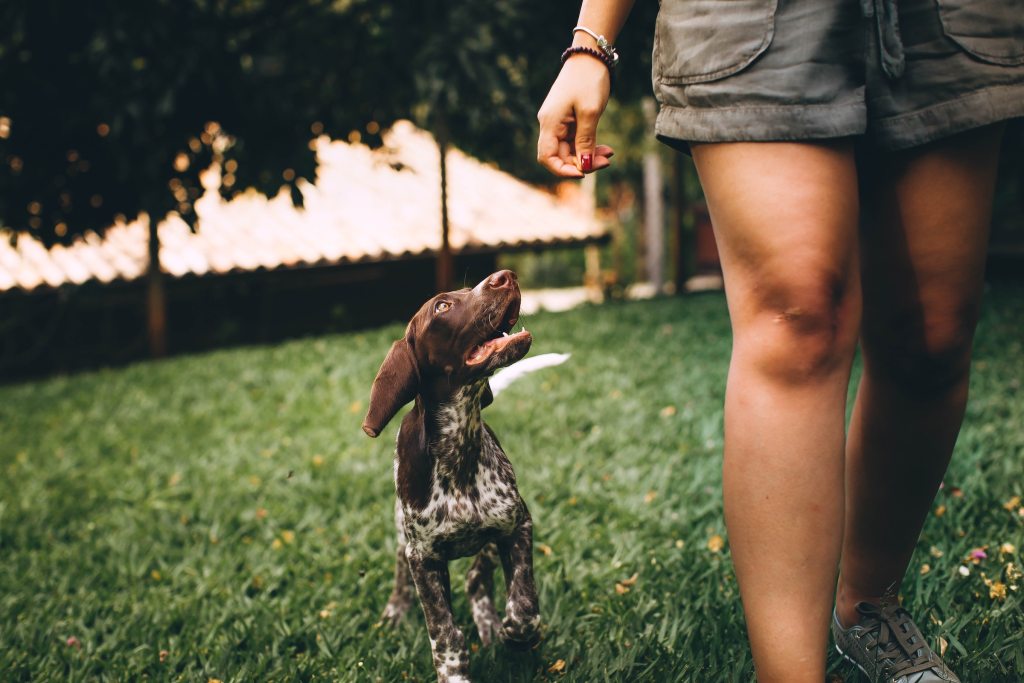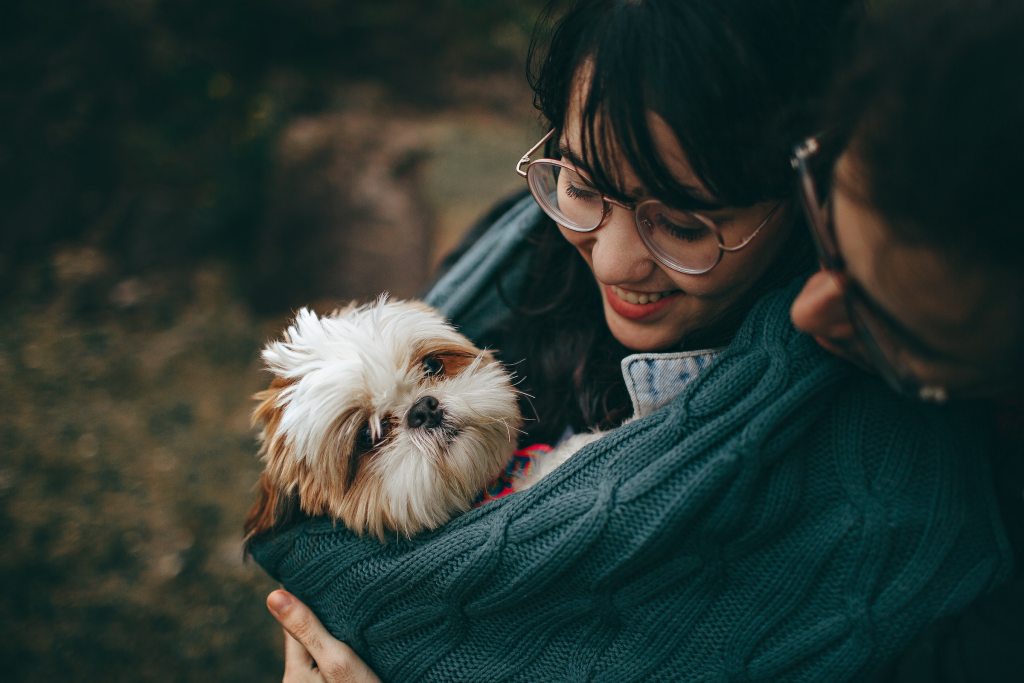Movies and commercials often make it seem like preparing for a new dog is as easy as making one trip to the pet store, but real-life pup parents know it isn’t that simple—or affordable. Even those first expenses can be a larger hit to your savings account than you think. The cost of dog ownership also rises as your pet ages, so the grand total is often staggering.
Many pet owners underestimate these costs for a number of reasons. Vet visits are often pricey, and it’s hard to guess how frequently food and supplies will need to be restocked. Unexpected medical expenses can also pop up at any time.
Luckily, you don’t have to go into this blindly. We’ve found all the right numbers to give you a realistic idea of the cost of dog ownership. Read with caution, though—these numbers might blow your mind.

What is the cost of dog ownership?
Over the last three years, the cost of owning a pet has risen consistently. The American Pet Products Association (APPA) reported that over $103 billion was spent on pet care and supplies in 2020 alone. Dogs make up 69% of the national pet population, which accounts for about $72 billion of the annual total. (TL;DR: that’s a lot of money.)
The largest expenses were food and treats ($42 billion when including all pet species), veterinary care ($31.4 billion), and general pet supplies and medication ($22.1 billion). To break it down even further, the 2021-2022 APPA National Pet Owners Survey listed the following expenses among individual dog owners:
| Surgical vet visits | $458 |
| Routine vet visits | $242 |
| Food | $287 |
| Treats | $81 |
| Kennel boarding | $228 |
| Vitamins | $81 |
| Grooming aids and brushes | $47 |
| Toys | $56 |
That adds up to a whopping $1,480 per year, which is within the $650-$2,115 range that Rover estimated through surveys of their own.
The large range in numbers is due to differences in canine age, size, and lifespan. Here’s the catch, though: the American Kennel Club found that these costs tend to even out over time. Owners of large dogs may spend more per year, for example, but smaller dogs tend to live longer lives. Grunge also reminds readers that the costs of pet supplies are a lot harder to estimate, as every dog has their own needs and preferences.
According to the APPA, the cost of dog ownership will likely continue to rise. The association estimates that Americans will spend about $109.6 billion on their pets in 2021.
Starting costs of owning a dog
One of the most overlooked financial burdens of dog ownership is the initial cost. Not only do you need to make sure they are up to date on all shots and vet visits, but you’ll be changing around a large part of your home too. Small purchases like a dog bed, toys, and treats really add up.
If you’re bringing home a puppy, you’re looking at even more expenses. Your fur baby will need to return to the vet for a series of vaccinations and checkups, and you’ll likely go through a few bottles of carpet cleaner before potty training gets easier. It’s all a normal part of puppyhood, but it’s easy to overlook between all the excitement and joy of a new furry family member.
Let’s look at the numbers: Money Under 30 estimates that your one-time costs and fees for adopting a dog range between $260 to $1,780, depending on your dog’s health and size, your shopping habits, and the shelter or breeder’s policies.

What to consider before getting a dog
It’s important to make sure that you’re able to afford to care for your furry friend before you bring them home. This includes both expected and unexpected costs because illnesses and injuries do happen. Unfortunately, these surprise expenses tend to be some of the most pricey, so it’s best to be prepared.
Though it’s vital that you consider the financial consequences, there are other commitments you’ll have to make when bringing home a new pet. For example, you’ll be dedicating a lot of time to helping your buddy get used to their new home and family, and this includes training, playing, exercising, and probably some cleaning.
Adopting a furry friend can be one of life’s most rewarding and educational experiences, but it’s important not to underestimate the cost. Not only is this important for the wellbeing of your new pup, but you must be aware of and prepared for the cost of pet parenthood. By limiting and planning for the financial surprises of pet ownership, you and your new best friend will be in for a long and happy life together.



